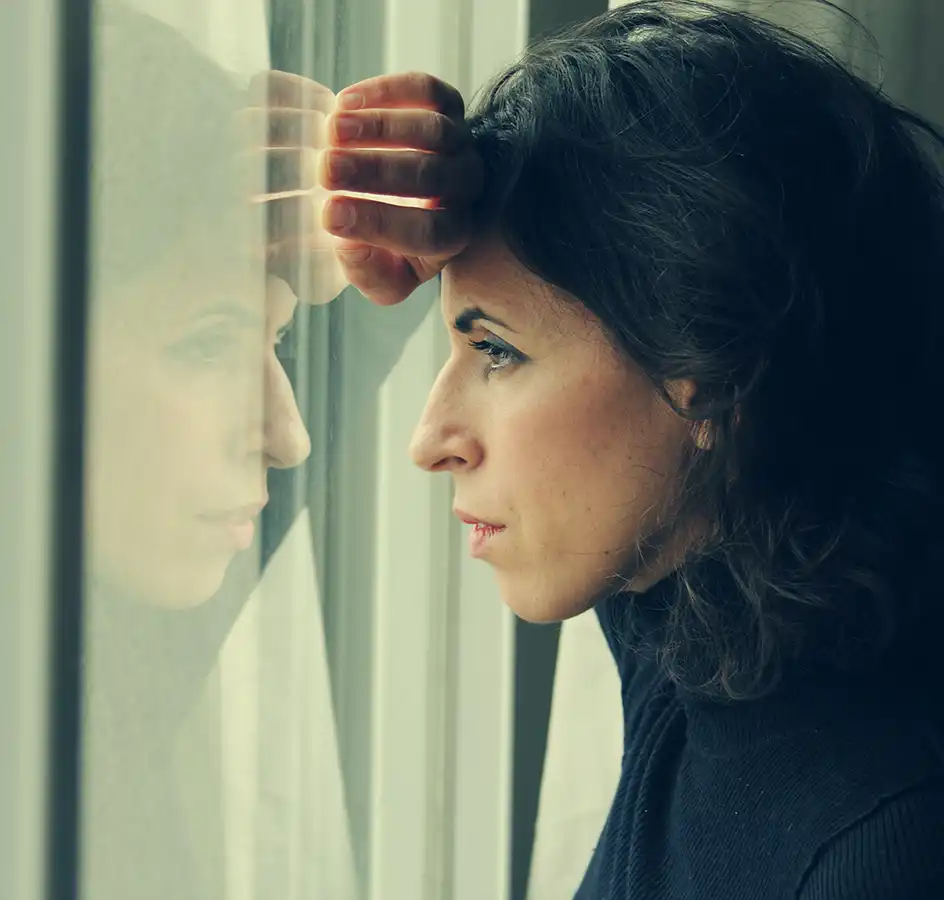How Sexual Abuse Happens in the Entertainment Industry
Sexual abuse in the entertainment industry often starts with grooming—a manipulative process where predators gain the trust of aspiring actors, especially minors who may idolize powerful figures. This trust is sometimes confused with the persona of an entertainer, making victims vulnerable.
The blurred boundaries of acceptable behavior in the industry further enable abuse. Unlike typical social settings, it’s common for children to spend long, unsupervised hours or even live with adults under the pretext of work, isolating them from parental protection.
Additionally, the infamous “casting couch” culture pressures both minors and adults into exchanging sexual favors for career advancement. This unethical practice acts as a form of extortion, where refusal can mean losing crucial opportunities, reinforcing the cycle of abuse and silence.
Statute of Limitations for Sexual Abuse Survivors in the Entertainment Industry
Sexual assault is illegal and unacceptable in any industry, including the entertainment sector. Survivors of sexual abuse in the entertainment industry have the right to report these crimes and pursue justice through criminal and civil lawsuits. Being a public figure or celebrity does not exempt perpetrators from accountability under the law.
That said, the statute of limitations for sexual abuse cases in the entertainment industry varies by jurisdiction, which can affect the timeframe survivors have to take legal action.
Recent reforms in several states, including New York and California, have extended or eliminated statutes of limitations for sexual abuse cases, acknowledging that trauma can delay victims from reporting. These changes offer survivors of entertainment industry sexual abuse more time to seek justice. It’s crucial to act promptly and consult legal professionals familiar with these laws to protect your rights.
New York: In 2019, New York passed the Child Victims Act (CVA), a landmark law that extended the statute of limitations for minor (child) sexual abuse cases. The CVA allows survivors to file criminal charges until their 28th birthday and civil lawsuits until the age of 55. Additionally, the law included a one-year "lookback window" (later extended) during which victims could file claims that had previously expired under old time limits. This reform significantly increased survivors’ ability to hold perpetrators and institutions accountable.
California: If the abuse occurred before 2024, survivors have until their 40th birthday (22 years after reaching adulthood) to file a civil lawsuit. For criminal cases involving minors, charges must be filed by age 40, and for adult victims, within 10 years of the offense. While civil and criminal deadlines align for pre-2024 abuse, recent reforms allow civil lawsuits for abuse after 2024 to be filed at any time during a survivor’s life.
















